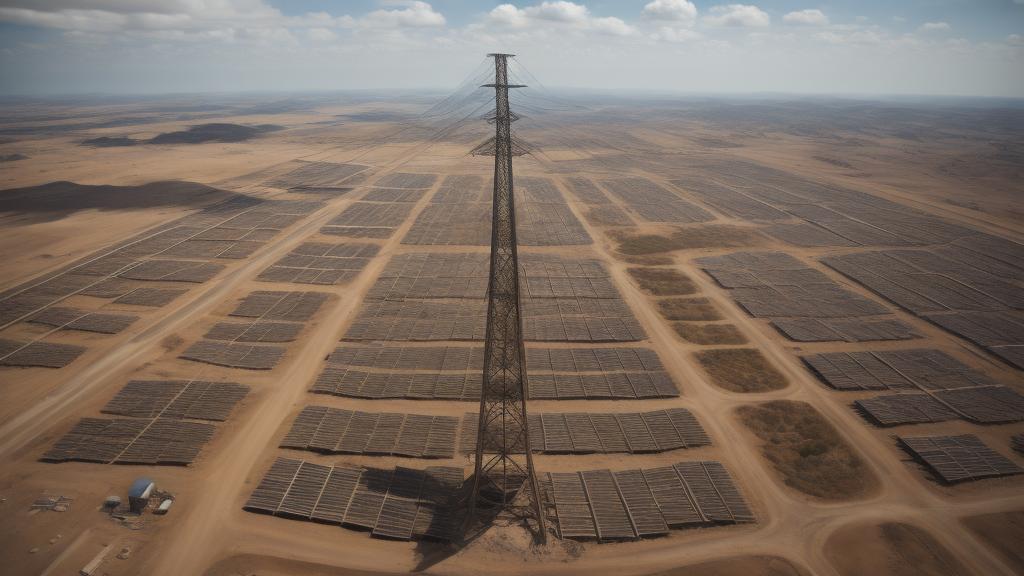In recent years, the world has seen a monumental shift towards renewable energy sources. Wind farms, solar panels, and hydroelectric plants have transformed the energy landscape, offering cleaner alternatives to fossil fuels. As promising as these large-scale solutions are, they often overlook a critical aspect of energy sustainability—accessibility. Enter microgrids, the unsung heroes of the renewable energy revolution, that promise to make energy more decentralized, reliable, and accessible to all.
Microgrids are localized energy grids that can disconnect from the traditional grid and operate autonomously. This independence is key, especially in storm-prone areas or remote locations where extending the traditional grid is neither practical nor economical. They are capable of integrating various renewable resources, such as solar and wind, with energy storage systems to provide a consistent power supply.
One cannot discuss microgrids without acknowledging their pivotal role in energy resilience. When natural disasters strike, large-scale grids can fail, leaving millions in the dark. Microgrids offer a solution by isolating affected areas and ensuring continuity of power. Take Puerto Rico, for example. After Hurricane Maria, many regions were left without electricity for months. Microgrids could have mitigated some of this hardship by providing localized power systems that could be more quickly restored.
But microgrids are not just about emergency resilience; they're also about everyday efficiency. Traditional power grids experience significant energy losses during long-distance transmission. Microgrids reduce these losses by generating power close to where it is consumed, making the entire system more efficient. They also support the integration of renewable energy sources, thereby reducing dependence on fossil fuels.
One of the most exciting aspects of microgrids is their potential to democratize energy. In many developing countries, millions still live without reliable electricity. Large-scale energy projects are often too costly and complex to implement quickly. Microgrids offer an alternative, scalable solution that can bring power to underserved communities while also creating local jobs and fostering economic development.
However, the rise of microgrids is not without its challenges. Regulatory hurdles, high initial capital costs, and technological integration issues remain significant obstacles. Governments and private enterprises need to collaborate to create favorable policies and financial incentives that can spur microgrid adoption.
Community involvement also plays a crucial role. Successful microgrid projects often begin with local engagement. By involving community members in the planning and implementation phases, projects are more likely to meet the specific needs of the population and gain broad-based support.
Another exciting frontier for microgrids is in the realm of smart technology. Advanced software and IoT devices can optimize microgrid performance by predicting energy consumption patterns, balancing loads, and automatically switching between energy sources. This 'smart' capability enhances reliability and efficiency, making microgrids an even more attractive option for the future.
Electric vehicles (EVs) add another layer of potential to microgrids. EVs can serve as both energy consumers and storage units, providing flexibility to the grid. During peak demand periods, energy stored in EV batteries can be fed back into the microgrid, helping to stabilize supply and demand.
In conclusion, microgrids are an innovative and essential component of the future energy landscape. They offer a range of benefits including improved resilience, efficiency, and accessibility. While challenges remain, the collaborative efforts of governments, private enterprises, and communities can unlock the full potential of microgrids, paving the way for a more sustainable and equitable energy future.
The rise of microgrids: Bridging the energy gap

